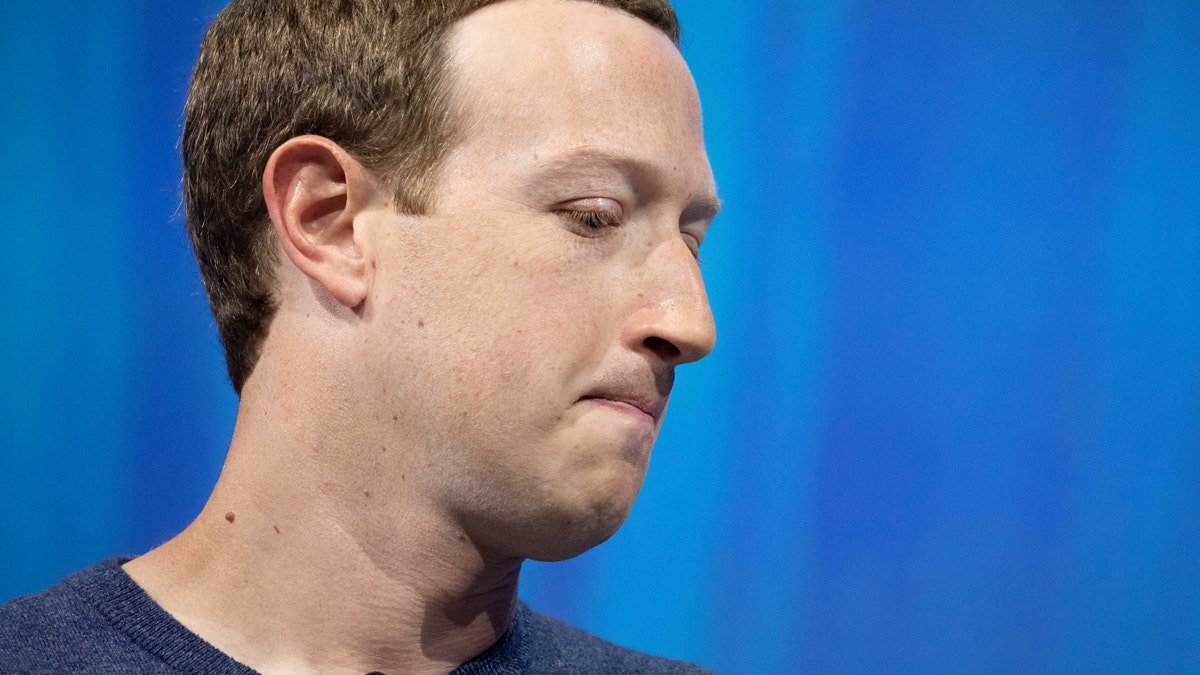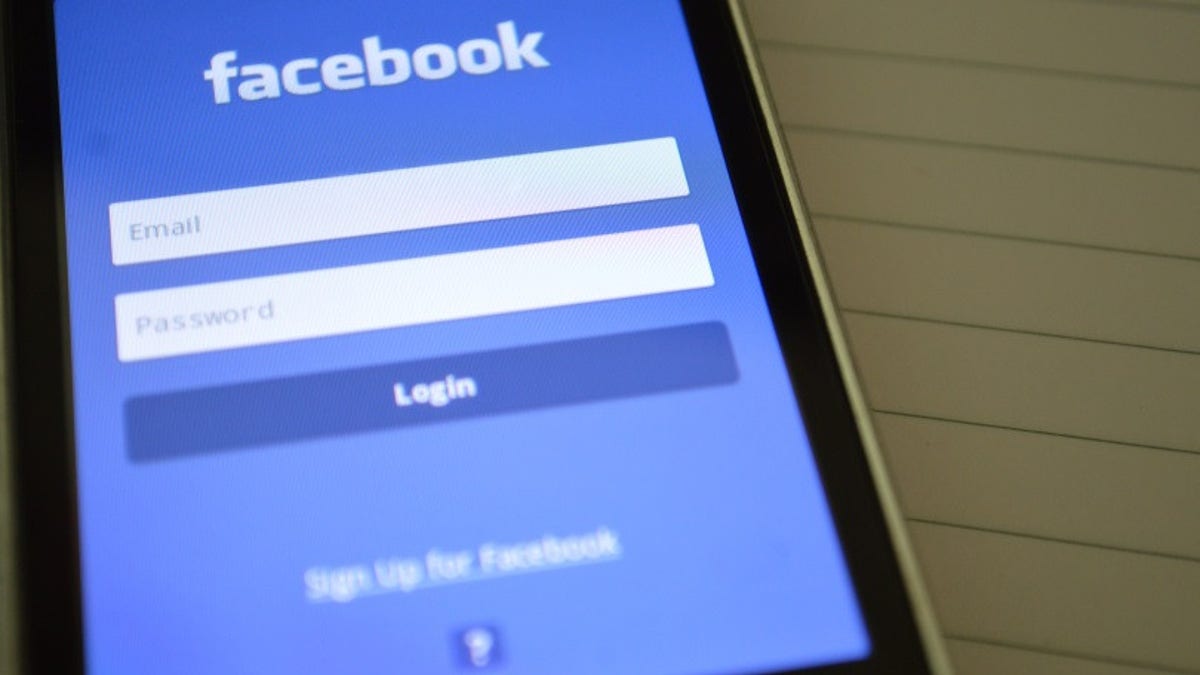
Mark Zuckerberg, chief executive officer and founder of Facebook Inc. attends the Viva Tech start-up and technology gathering at Parc des Expositions Porte de Versailles on May 24, 2018 in Paris. (Getty Images)
All those likes, shares, videos, posts and stories on Facebook, Instagram and Snapchat could be making you depressed and lonely.
That's according to a new study, conducted by psychologists at the University of Pennsylvania and published in the Journal of Social and Clinical Psychology, that for the first time, establishes a causal link between time spent on social media and feelings of depression or loneliness.
“It was striking,” Melissa Hunt, psychology professor at University of Pennsylvania who led the study, told MarketWatch. “What we found over the course of three weeks was that rates of depression and loneliness went down significantly for people who limited their (social media) use.”
For the study, entitled "No More FOMO: Limiting Social Media Decreases Loneliness and Depression," researchers examined 143 undergraduates at the University of Pennsylvania over a number of weeks. Participants had their mood and sense of well-being tested using seven different scales. FOMO is an acronym that means "fear of missing out."
WHY DID FACEBOOK FIRE A TOP EXECUTIVE? HINT: IT HAD SOMETHING TO DO WITH TRUMP
Half of the participants used social media as normal, while the other half limited their usage to only ten minutes per day for each of the platforms studied: Facebook, Instagram and Snapchat. Participants in the control group used the three social media apps about 400 minutes per week, or 57 minutes per day, during the course of the study.
Those who cut down on social media saw "clinically significant" decreases in depression and loneliness over the course of the study. Those who were in the control group, who did not change their behavior, saw no improvement.
In terms of depression, the study notes that the biggest impact was felt among those who started out with higher levels of depression.

"Not comparing my life to the lives of others had a much stronger impact than I expected, and I felt a lot more positive about myself during those weeks," one participant shared with the researchers. "I feel overall that social media is less important and I value it less than I did prior to the study."
FACEBOOK PATENT HINTS AT CREEPY NEW FEATURE
This isn't the first study on this topic. An Oregon Health & Science University Study found that military veterans were said to experience mental health issues 50 percent less if they spent more time around loved ones over those who socialized mostly online.
The study's authors acknowledge its limitations, including the fact that it only monitored social media usage on cell phones, its participants were all young college students and it was relatively short in duration.
"The results from our experiment strongly suggest that limiting social media usage does have a direct and positive impact on subjective well-being over time, especially with respect to decreasing loneliness and depression," the study concludes. The researchers added that limiting social media usage to "approximately 30 minutes per day may lead to significant improvement in well-being."
The authors wrote: "It is ironic, but perhaps not surprising, that reducing social media, which promised to help us connect with others, actually helps people feel less lonely and depressed."
A spokesperson from Facebook gave Fox News the following statement in response to the study:
"Facebook did not participate in this study, but our teams are working to better understand the research about technology and well-being. We want people's time on Facebook to be meaningful and positive and are building tools with people's well-being in mind so they can better manage their experience. We are committed to continuing this work to foster safe and supportive communities for everyone."








































